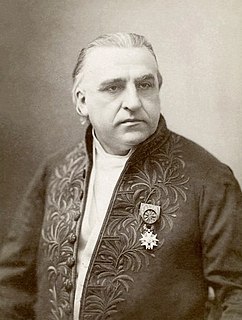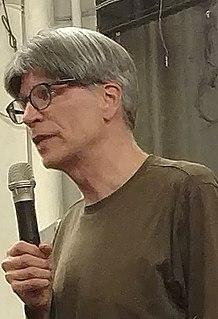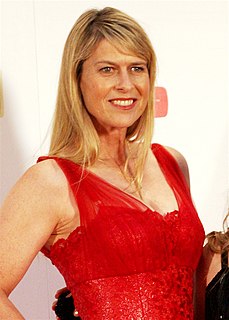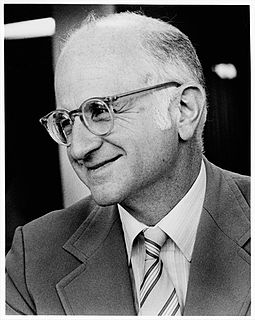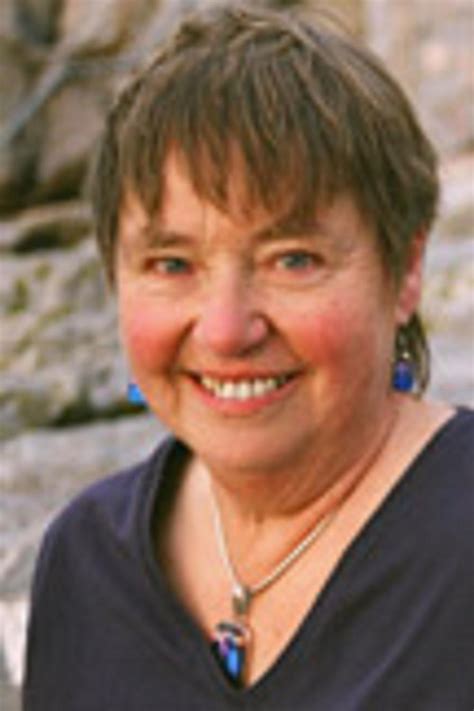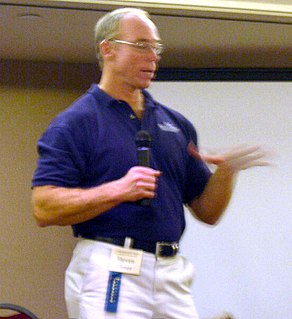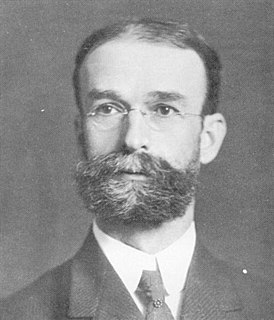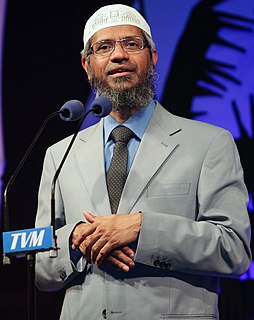Цитата Жана-Мартена Шарко
Если клиницист, как наблюдатель, желает видеть вещи такими, какие они есть на самом деле, он должен сделать tabula rasa своего ума и действовать без каких-либо предубеждений.
Связанные цитаты
Когда я впервые пыталась объяснить родителям, что на самом деле я девочка, мой отец не знал, что делать. У него были эти предвзятые представления о том, какой будет его семья, и когда я не вписывалась в эти представления, он просто игнорировал то, что я пытался им сказать, прежде чем он действительно пришел в себя.
Научный наблюдатель царства природы в некотором смысле естественно и неизбежно незаинтересован. По крайней мере, ничто в естественной среде не может вызвать его предвзятость. Кроме того, он стоит полностью вне естественного, так что его ум, каковы бы ни были его ограничения, приближается к чистому уму. Наблюдатель за областью истории не может быть таким же незаинтересованным по двум причинам: во-первых, он должен смотреть на историю с какого-то места в истории; во-вторых, он в определенной степени вовлечен в ее идеологические конфликты.
Вера, как я использую здесь это слово, — это настойчивое утверждение, что истина — это то, во что человек «верит» или желает, чтобы она была. Верующий откроет свой разум истине при условии, что она соответствует его предвзятым идеям и желаниям. С другой стороны, вера — это безоговорочное открытие разума истине, какой бы она ни оказалась. Вера не имеет предубеждений; это погружение в неизвестность. Вера цепляется, но вера отпускает.
Возможно, когда-нибудь человечество сможет начать заново, новый мир, tabula rasa, мир с разумом без предыдущего опыта. Никаких воспоминаний и боли. День, когда те, у кого есть изобилие, не будут смотреть свысока на бедных и нуждающихся, день, когда мы научимся заботиться о жертвах, падших душах цивилизации и прогресса, день, когда мир станет чистым. Когда все человечество станет чистым листом пергамента, без знания и предубеждений, простым, жаждущим познания, вкуса и чувства; жаждущий жизни и готовый впитать чернила опыта.
Часто говорят, что эксперименты следует проводить без предвзятых идей. Это невозможно. Это не только сделало бы все эксперименты бесплодными, но даже если бы мы захотели сделать это, это невозможно было бы сделать. У каждого человека есть свое мировоззрение, и от этого он не может так легко отказаться. Мы должны, например, использовать язык, а наш язык обязательно пропитан предвзятыми идеями. Только это бессознательные предвзятые идеи, которые в тысячу раз опаснее всех.
Стив не учился в школе актерского мастерства. У него не было предвзятых мнений. Его биография была именно такой, какую вы видите по телевизору; он делал это всю свою жизнь. Мы думали, что сделаем одно шоу. Случилось так, что все получилось очень хорошо, поэтому мы сняли вторую часть. И с тех пор мы обнаружили, что естественное поведение Стива в дикой природе просто завораживает!
[I] человек, воспитанный на мореходной жизни и привыкший думать и говорить только о вопросах, касающихся мореплавания, вступает в беседу о любом другом предмете; хорошо известно, что язык и понятия, присущие его профессии, проникнуты в каждый предмет, и все вещи измеряются правилами мореплавания: и если бы ему вздумалось пофилософствовать о способностях ума , в этом нет сомнения, но он черпал бы свои представления из ткани корабля и нашел бы в уме паруса, мачты, руль и компас.
Я видел довольно ясно, с тех пор, как я был молодым, поскольку религия - это нечто иное, чем понятия. Не представления заставляют людей поступать правильно, а чувства. То же самое с понятиями в религии, как и с математикой: человек может решать задачи прямо в уме, сидя у огня и куря трубку; но если ему нужно построить машину или здание, он должен иметь волю и решимость и любить что-то другое больше, чем собственный покой.
